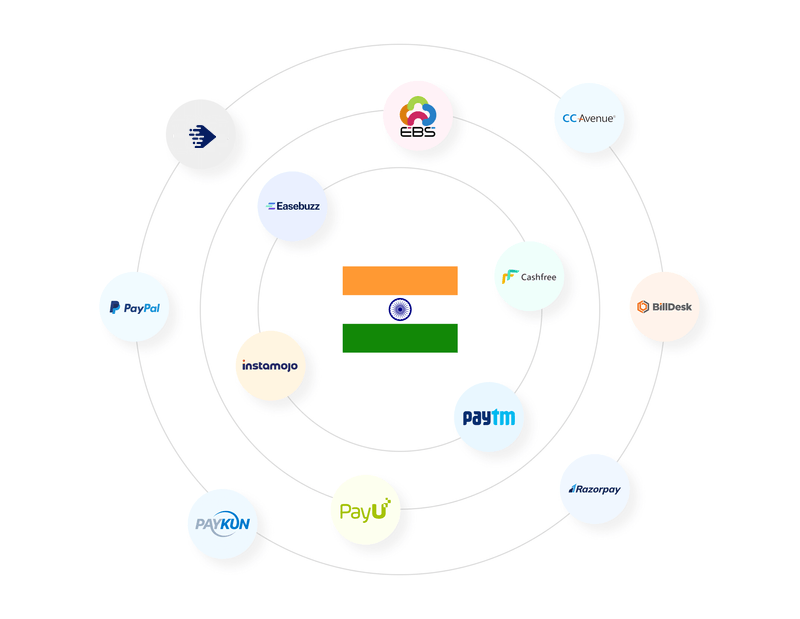AUTHOR : BABLI
DATE : 25/12/23
In the fast-paced world of business, managing payments efficiently is crucial for sustained growth and stability. Late payments can create a domino effect, causing financial strain and damaging relationships. In this article, we will delve into the realm of payment gateways, their role in addressing late payments in India, and strategies for business to navigate this challenge successfully.
Introduction
In the digital era, payment gateways have become the backbone of online transactions. They facilitate seamless and secure money transfers, ensuring businesses receive payments promptly. However, the timeliness of these transactions is often a challenge that businesses in India face.
The Impact of Late Payments
Late payments impact can have a severe on businesses. Financial strain is the immediate consequence, with cash flow disruptions affecting day-to-day operations. Moreover, the strain on relationships with vendors and clients can lead to a breakdown in trust and collaboration.

Payment Gateway Solutions
The solution lies in adopting reliable payment gateways. A robust payment gateway not only ensures secure transactions but also offers features that contribute to timely payments. Business owners need to prioritize gateways that align with their specific needs.
Late Payment Trends in India
Understanding the trends of late payments is essential. Statistics reveal the prevalence of delayed Payments Industry Landscape[1], shedding light on the sectors that are most affected. This insight is valuable for businesses looking to strategize their payment processes.
Reasons for Late Payments
Consequences of Late Payments
Late payments can stem from economic factors or administrative issues within businesses.
Pinpointing the underlying reasons is essential for putting into action solutions that truly make a difference. It allows businesses to address the issue at its source rather than merely treating the symptoms.
Beyond financial strain, late payments[2] can have legal implications. Businesses need to be aware of the consequences of delayed payments and take preventive measures. Moreover, the damage to the reputation of a business is often irreversible.
Addressing Late Payments with Technology

Role of Government Regulations
Technology plays a pivotal role in addressing late payments. Automated reminders, integrated invoicing systems, and real-time tracking can significantly reduce instances of delayed payments. Businesses should leverage these technological solutions to streamline their payment processes[3].
Government regulations play a vital role in shaping payment practices. An overview of the regulations related to Impact of Late Payments on Businesses[4] swith insights into compliance requirements. Adhering to these regulations is not only a legal obligation but also a strategic move to maintain a positive business image.
Benefits of Timely Payments
Choosing the Right Payment Gateway
Business owners can take proactive steps to prevent late payments. Establishing clear payment terms, communicating effectively with clients, and building strong relationships are essential practices that contribute to a healthy Payment Ecosystem? Explained[5].
Timely payments contribute to improved cash flow, enabling businesses to invest in growth opportunities. Moreover, consistently meeting payment deadlines strengthens relationships with vendors and clients, fostering a positive business environment.
Selecting the right payment gateway is a decision that requires careful consideration. Factors such as transaction fees, security features, and user-friendliness should be taken into account. An overview of popular payment gateways in India can guide businesses in making informed choices.
Examining case studies of businesses that have effectively managed payments provides valuable insights. By learning from successful examples, businesses can adopt similar strategies and tailor them to their specific circumstances.

Tips for Business Owners
Future Outlook
The landscape of payment solutions is evolving. Businesses should stay informed about emerging trends and technologies that offer innovative ways to tackle late payments. Predicting future challenges allows businesses to adapt proactively.
Conclusion
In conclusion, the effective management of late payments is a critical aspect of business success. By embracing reliable payment gateways, understanding the reasons behind late payments, and staying abreast of regulations, businesses in India can navigate this challenge successfully. Timely payments not only ensure financial stability but also contribute to the overall growth and reputation of a business.
FAQs
- What are the common reasons for late payments?
- Late payments can result from cash flow issues, administrative inefficiencies, or economic downturns.
- How do payment gateways help in reducing late payments?
- Payment gateways offer secure and efficient transactions, automated reminders, and integrated invoicing, reducing the likelihood of delays.
- Are there any legal actions businesses can take against late payments?
- Yes, businesses can take legal actions, such as charging interest or pursuing legal proceedings, to address late payments.
- Can small businesses benefit from advanced payment solutions?
- Absolutely, advanced payment solutions, including user-friendly gateways, are tailored to suit the needs of small businesses.
- How can businesses in India stay updated on payment regulations?
- Regularly monitoring government announcements, seeking legal counsel, and participating in industry forums can help businesses stay informed about payment regulations.

